Policy and Standardisation
Shaping the EU’s next strategic tech agenda
In the last 5 years, there was an explosion of new digital and tech rules in Europe. From landmark AI and Data Act to Chips Act, several legislative acts related to cybersecurity to eID and regulation of digital platforms.
All those regulation offer a lot of opportunities but also raise significant challenges in the implementation. Many are related to use of harmonised standards, which preparation takes time. In this session we are trying to think forward about the opportunites of the EU tech legislation and how the tech agenda could look like in the next 5 years.
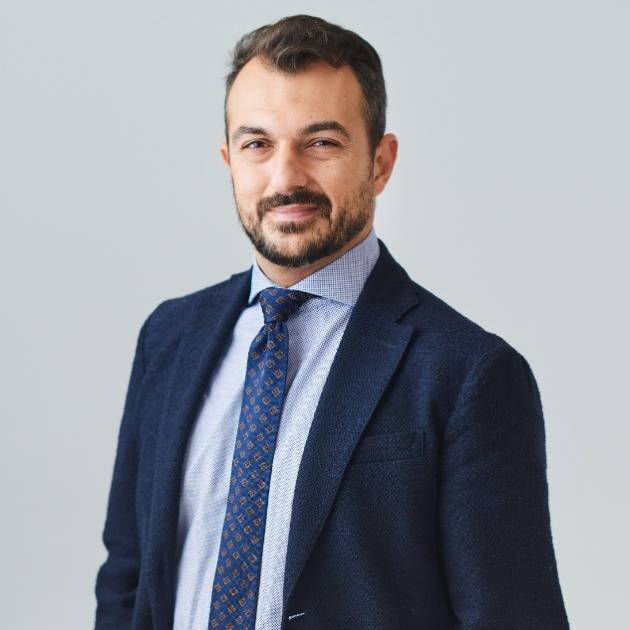
Michele Pastore
Huawei, AIOTI WG Policy Chair
Standardisation: gaps, citiverse and digital twins, dataspaces, continuum
The expansion of the IoT and/or edge computing landscape has brought opportunities but also new challenges. Standards have an essential role in the IoT and/or edge computing systems. The role of standardization in interoperability solutions is key, both by allowing a formalised support to various implementations, and by ensuring a consolidation of the options available so that the interoperability technical landscape is not a jungle of competing solutions.
This session will focus on IoT and/or edge computing standardisation challenges and gaps in the context of:
Citiverse and digital twins: CitiVerse can be considered as being a copy of the social physical real world; digital twins plays a key role, defined as a digital representation of real-world entities or processes.
Data spaces: can be considered as a trustworthy decentralized environment for data sharing.
Continuum paradigm: can be considered as an interconnected ecosystem that includes distributed IoT digital platforms and infrastructures for collecting, processing, computing, communicating, and running analytics, allowing complex applications to be executed from IoT edge to high-performance computing capabilities.
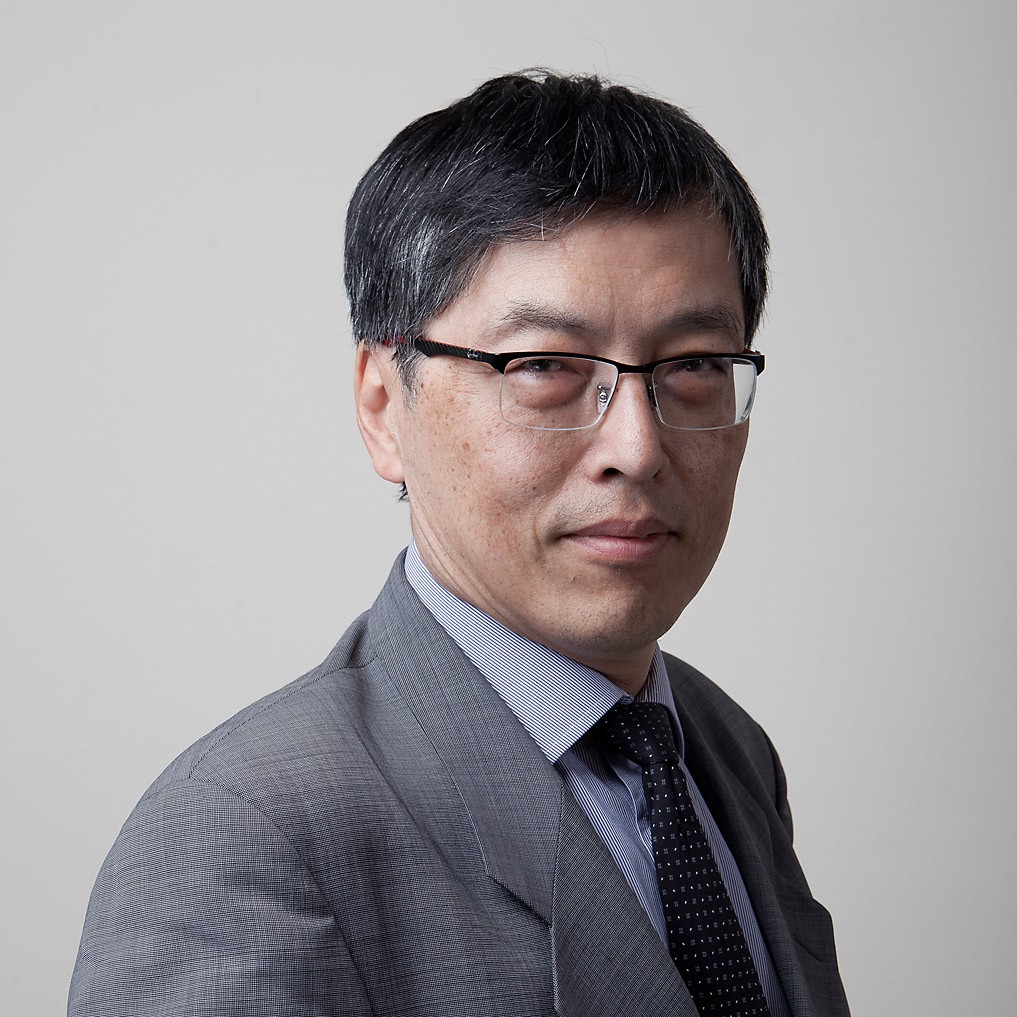
Antonio Kung
Trialog, AIOTI WG Standardisation Co-Chair
Green Enablement
Methodologies and Standards for CO2 reduction measurements
This session discusses methodologies and standards focusing on how to measure the benefits of applying IoT and/or edge computing to reduce carbon emissions in vertical sectors. In particular, to identify the benefits of applying IoT and/or edge computing to reduce carbon emissions in industrial sectors (i.e., ICT for Green scenarios), unified and agreed methodologies are needed. This session presents the state of the art of standardisation and industry related activities focusing on methodologies to measure carbon emissions in the context of the Green ICT and ICT for Green scenarios.
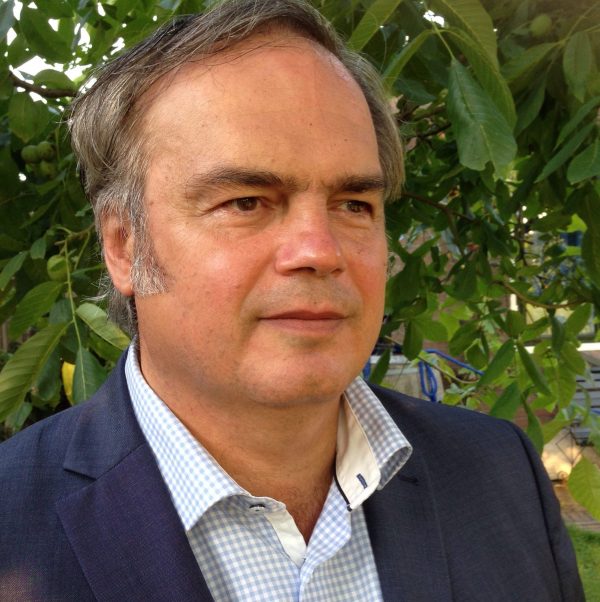
Georgios Karagiannis
Huawei, AIOTI WG ICT for CO2 Reduction Methodologies Chair
Use cases to apply the methodologies for CO2 reduction measurements
This session discusses IoT and/or edge computing use cases and solutions that contribute and support the Green Transformation of vertical / industrial sectors. In particular, the focus of this session will be on how the methodologies to measure carbon emissions, discussed in Session 1 of the “Green enablement” theme are applied in IoT and/or edge computing use cases.
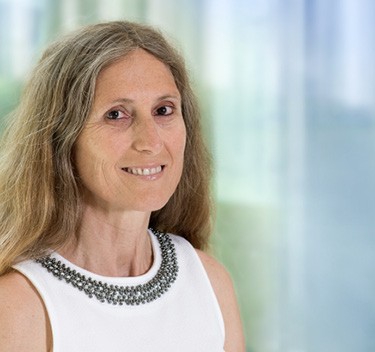
Sylvie Couronne
Fraunhofer, AIOTI WG ICM Co-Chair
Scaling up solutions
Edge driven AI and infrastructures
Edge-driven AI infrastructures typically involve a combination of hardware and software components tailored for deployment on edge devices. This might include specialized hardware like system-on-chips (SoCs) with integrated AI accelerators, lightweight AI models optimized for edge deployment, and software frameworks for managing and orchestrating edge AI deployments.
Key players in the edge-driven AI space include both hardware manufacturers producing edge-compatible chips and software developers creating frameworks and tools for edge AI development and deployment. Companies are increasingly investing in edge AI solutions to enable a wide range of applications, including smart cities, industrial automation, autonomous vehicles, healthcare, energy and more.
Deploying AI models at the edge presents its own set of challenges, including limited computational resources, power constraints, and the need for efficient algorithms and model architectures. In this session we will look into these challenges but also opportunities from continuum perspective.
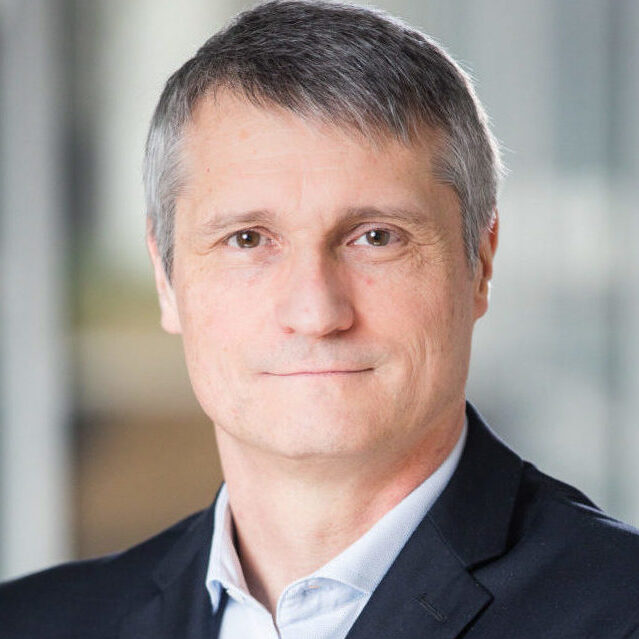
Francois Fischer
FSCOM, AIOTI WG Mobility Chair
Building solutions for the edge of the future - advancing from use cases to business cases
In this session, we bring together AIOTI solution developers who will share their experiences, best practices, and strategies in building transformative products from use cases and pilots within leading European projects. This gathering is a unique opportunity to delve into their success stories, gaining valuable insights that can shape the path for future researchers and initiatives.
The agenda will be structure around the following topics:
1) Best Practices and Strategies: Explore the strategies employed, lessons learned, and key takeaways that can guide future endeavors in the dynamic field of AIOTI.
2) Involving Digital Innovation Hubs (DIHs): Discover the role of Digital Innovation Hubs in the AIOTI journey and how they can actively contribute to the development of innovative solutions.
3) Funding Opportunities for Future Use Cases: Gain valuable insights into funding opportunities available for future use cases.
This session is designed for researchers, developers, and innovators seeking to harness the potential of cloud/edge/IoT/AI technologies.

Mayte Carracedo
FundingBox
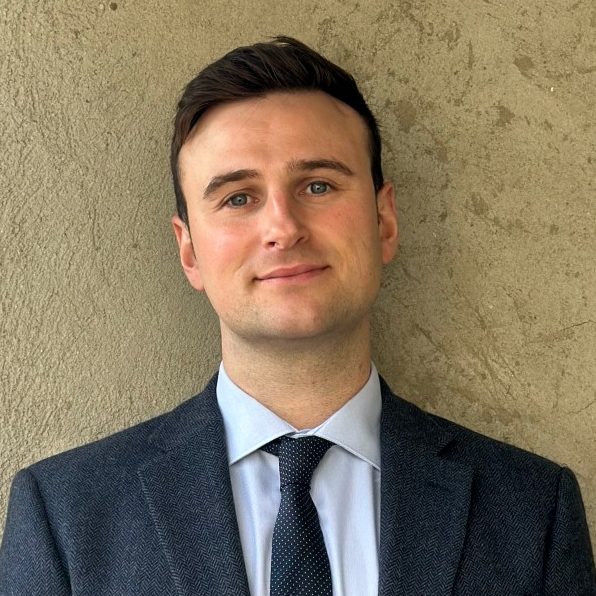
Brendan Rowan
Bluspecs
From Market places to Data Spaces
Marketplaces for Data: Traditionally, data has been treated as a commodity, bought and sold in marketplaces where organizations purchase datasets for various purposes such as research, analytics, and training machine learning models. These marketplaces typically involve transactions where data is exchanged for monetary compensation.
Data Spaces: The idea of data spaces represents a more holistic and interconnected approach to data management. Instead of treating data as isolated commodities, data spaces emphasize the creation of ecosystems or environments where data can be shared, accessed, and utilized in a more collaborative and interoperable manner.
In this session we will explore the transition from marketplaces to data spaces as a paradigm shift towards a more collaborative, interoperable, and value-driven approach to data management that reflects the recognition that data is not just a commodity to be bought and sold but a strategic asset that can drive innovation, create new opportunities, and address complex societal challenges when shared and utilized effectively.
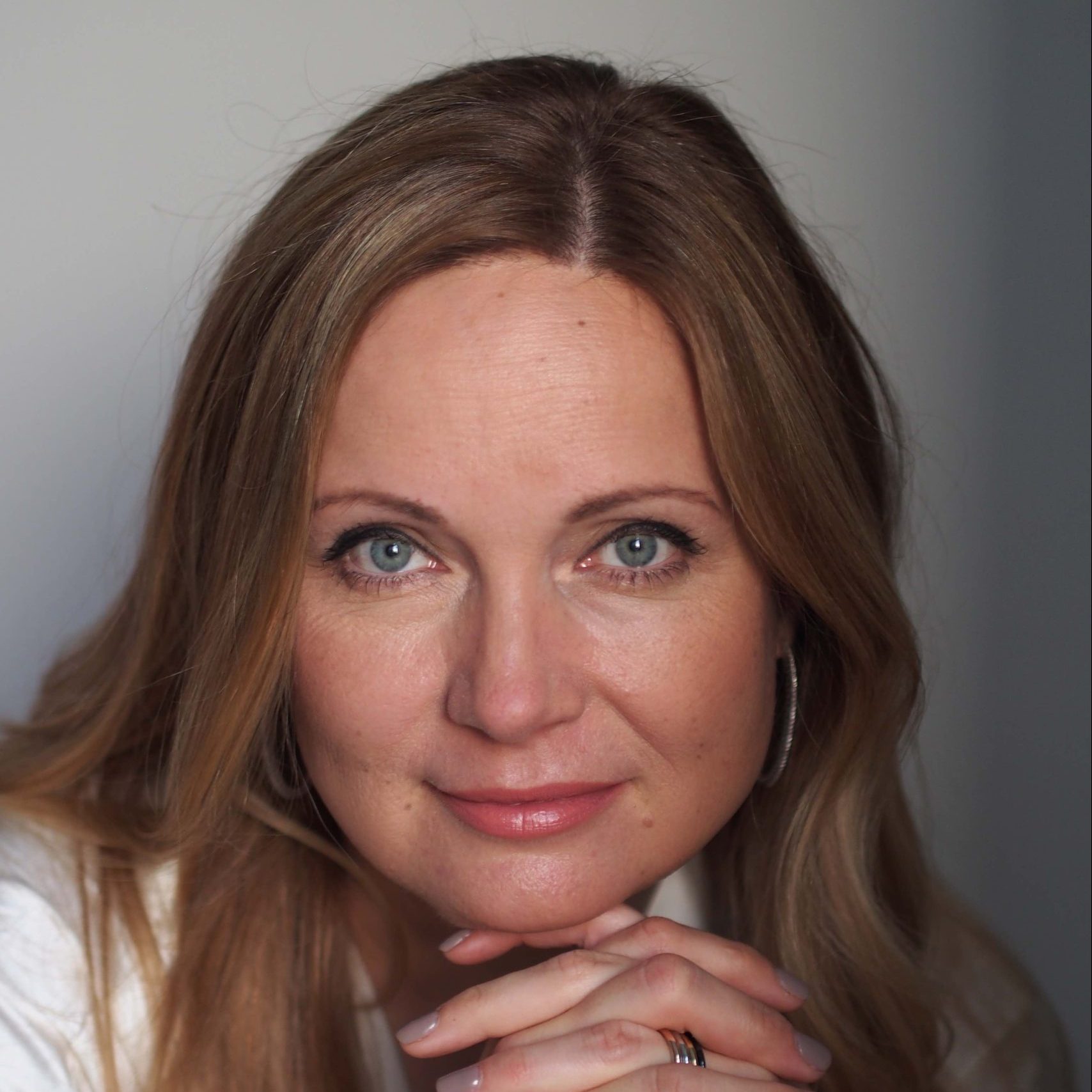
Natalie Samovich
Enercoutim, AIOTI WG Energy Chair
Cloud-Edge-IoT technologies at the service of European sustainable Manufacturing Industries
The workshop aims to investigate the impact of CEI technologies (Cloud Edge IoT) in the Manufacturing Industry 4.0, through a pool of four industrial pilots.
Two of them are coming from technology-driven projects (meta-OS, cognitive cloud, swarm intelligence) coordinated by the UNLOCK CEI CSA initiative; two of them are coming from application driven projects in Made in Europe partnership.
The two perspectives will be finally harmonized by a conclusive moderated panel where the huge potential of the CEI technologies will be matched against challenges and barriers posed by current manufacturing processes
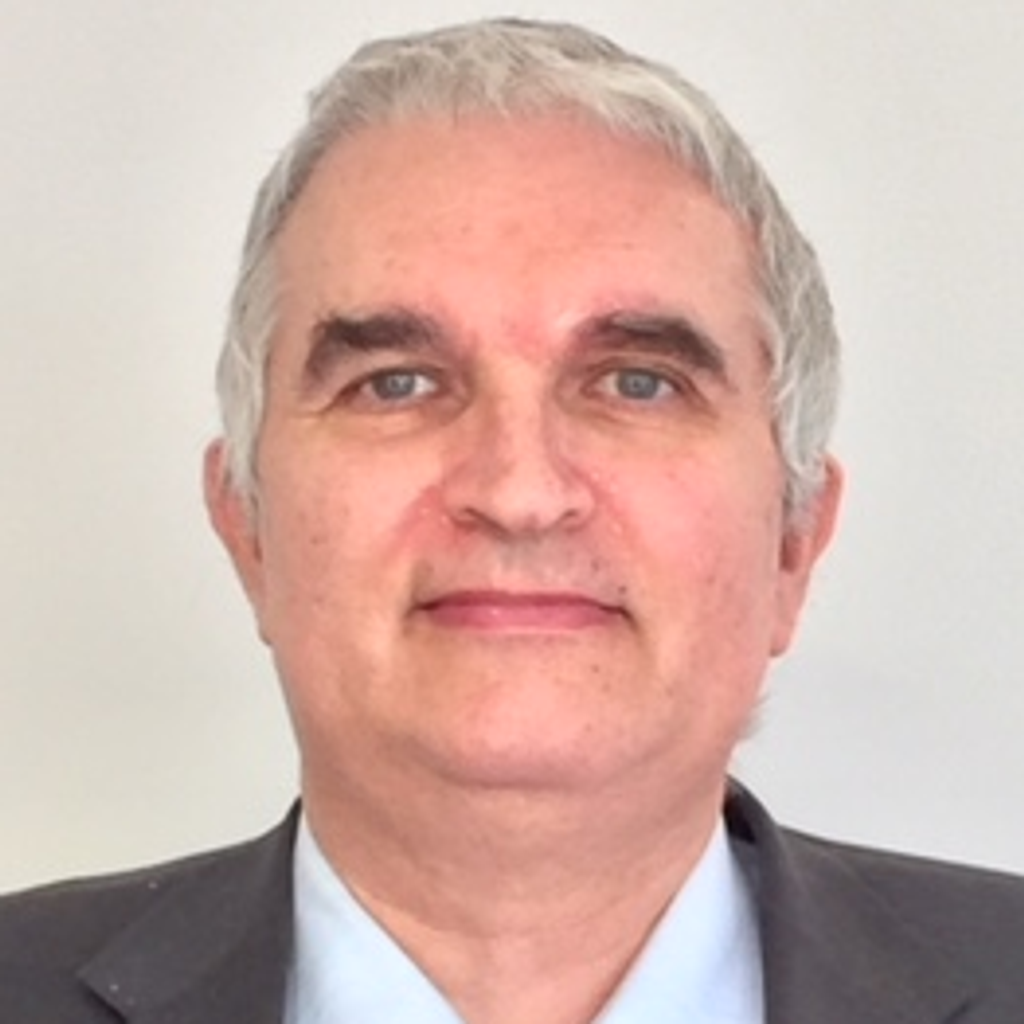
Sergio Gusmeroli
Politecnico di Milano
Virtual Worlds
Virtual World of Energy - Digital Twins as building blocks
Virtual World of Energy powered by digital twins represents a transformative approach to energy management and optimization, offering unprecedented visibility, control, and efficiency across the entire energy value chain—from generation and transmission to distribution and consumption. It enables energy stakeholders to make data-driven decisions, unlock new business models, and accelerate the transition towards a more sustainable and resilient energy future. We will dive in this session in policy, technology, research and implementation of modelling and data integration, optimisation, monitoring and implementation.

Natalie Samovich
Enercoutim, AIOTI WG Energy Chair
Intelligent Edge IoT Immersive Technologies and Applications - Convergence of Physical, Digital, Virtual and Spatial Worlds
The landscape of the Industrial Internet of Things (IIoT) and edge computing is rapidly evolving, driven by the demand for more efficient, reliable, and intelligent industrial systems. Immersive technologies, such as augmented reality (AR), virtual reality (VR), mixed reality (MR), and various verses (metaverse, multiverse and omniverse) are increasingly being integrated into these domains, offering transformative solutions for design, manufacturing, maintenance, and training. Immersive technologies create experiences by merging the physical world with a digital and virtual simulated reality into a new system of systems.
The session is designed to give an overview of the trends and a roadmap for the future of edge IIoT immersive technologies in industrial applications. Integrating IIoT and edge computing with immersive technologies is poised to revolutionise industrial operations, offering unprecedented efficiency, flexibility, and capabilities.
However, realising this potential will require focused development, trustworthy technology, novel business models, standardisation, and education efforts. The session speakers will address the challenges related to the integration of IIoT with immersive technologies, the modelling, simulation and deployment of physical-digital-virtual triplets, the new web of machine and people multi-dimensional features, enhanced ubiquitous immersive interfaces, AI integration and the emergence of the holistic industrial edge IoT immersive ecosystems across various industrial sectors.
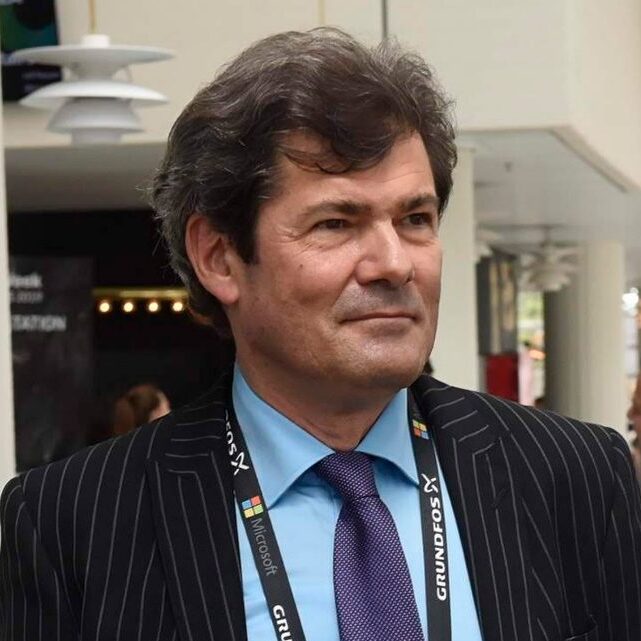
Ovidiu Vermesan
SINTEF, AIOTI WG Research and Innovation Chair

